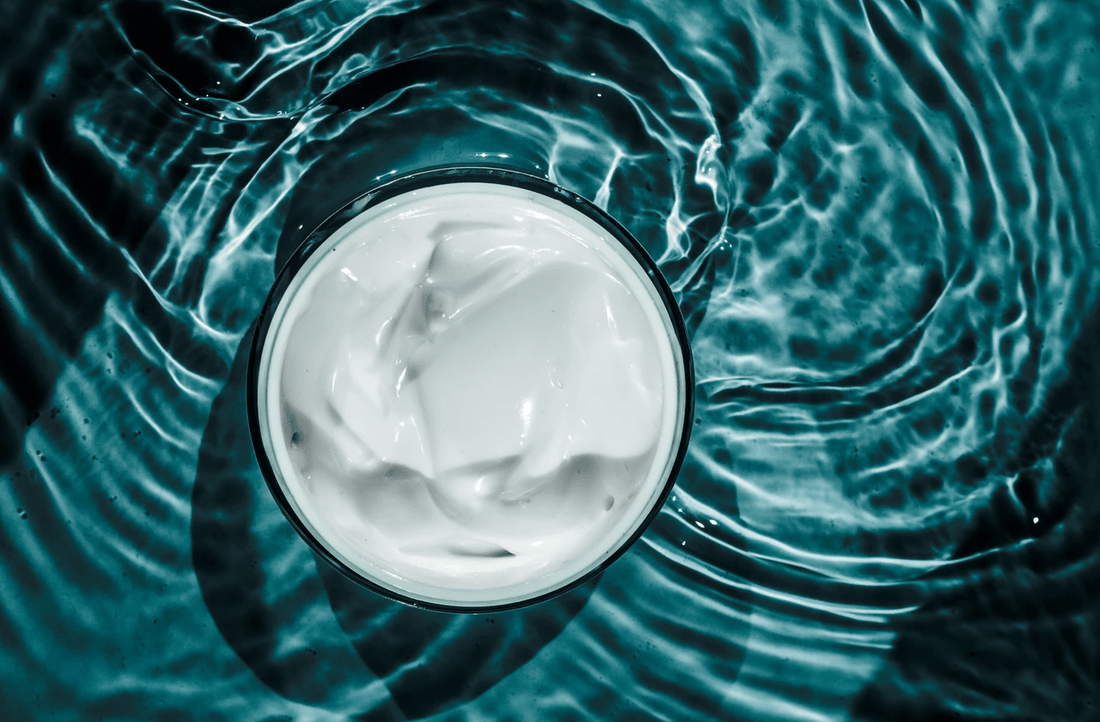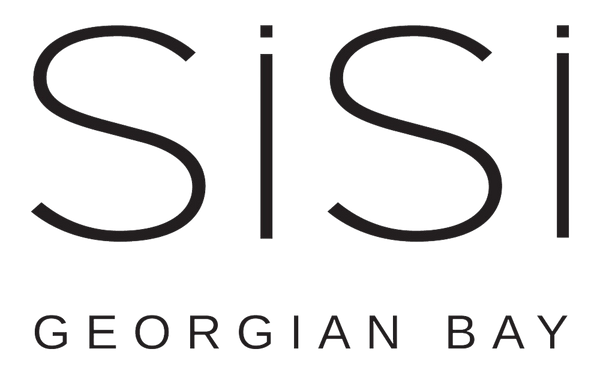
Natural Skincare and Preservatives
Share
Preservatives are not bad in cosmetics, in fact they are necessary.
Of course some chemical preservatives are not as safe as others, so learning more about them is important.
First of all do all natural skincare products need preservation? The simple answer is yes, but the level of preservation varies. When it comes to anhydrous (without water) products, like balms, salves and oil serums, anti-oxidants such as vitamin e will provide adequate protection. However, all products containing water need a broad spectrum preservative. This is because water is an ideal environment for bacteria to grow. Even some anydrous products need preservation - like body scrubs - because they may come into contact with water.
No matter how careful natural skincare companies are, products can be contaminated during the manufacturing process, due to exposure to light and air, or while being used (such as dipping in fingers), taking applicators out and removing lids.
Are some preservatives better than others? In the past, synthetic preservatives such as parabens and formaldehyde were used in most cosmetics. Recently studies have found that these ingredients may be harmful. Then parabens were replaced by phenoxethanol, which actually just replaced one controversial synthetic preservative with another. Even though very low levels are needed to preserve products, which leads some companies to question the real potential for harm, they have been found in our aquatic eco-systems, which is cause for concern. However, more studies need to be done.
Do essential oils act as preservatives? NO, essential oils, vitamin e and extracts alone,such as rosemary, do not provide broad spectrum protection in products containing water. This means products such as toners and facial mists need proper preservatives too.

So cosmetic ingredient companies have been working hard to come up with broad spectrum natural preservative systems that protect against bacteria, yeast and mold. Yes, that sounds gross, but without preservation your natural skincare products are at risk of contamination. Without going into a lenghty explanation of all the natural preservatives out there, we will talk about which ones we use.
After doing our research, and by trial and error, we have chosen natural preservation that works best in our formulas. They all meet Ecocert and Cosmos standards, and provide broad spectrum protection against bacteria, mold and yeast.
-
Sodium levulinate, sodium anisate with glyceryl caprylate: the components in this preservative system are derived from aniseed, starch and the fatty acids in coconut.
-
Benzyl alcohol (and) salicylic acid (and) glycerin (and) sorbic acid: these ingredients are all found in nature, in plants such as pine resin, rowan berries and willow bark. For some people benzyl alcohol may be an irritant, however, such a small percentage is required to be effective, it is absolutely safe!
-
Lactobacillus Ferment & Lactobacillus & Cocos Nucifera (coconut) sugar extract: a preservation system derived from the probiotic-based ingredient created by the fermentation of Lactobacillus. Lactobacillus is one of the species of microorganisms used to produce fermented products such as sauerkraut and kimchi.
with love and radiant skin,
- Andrea xo
